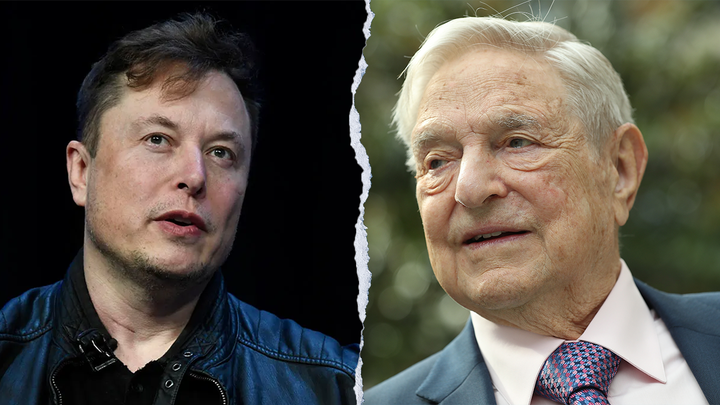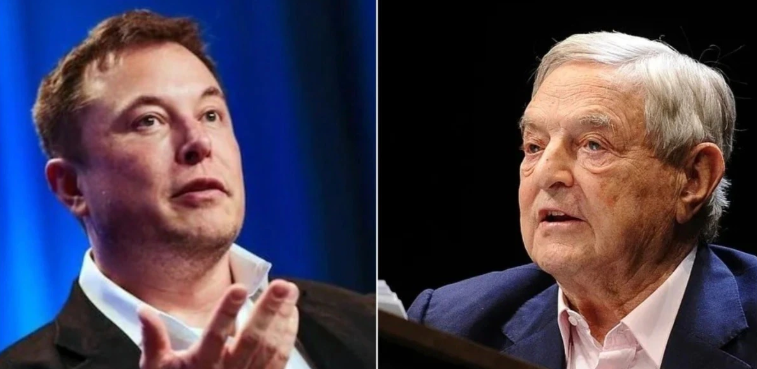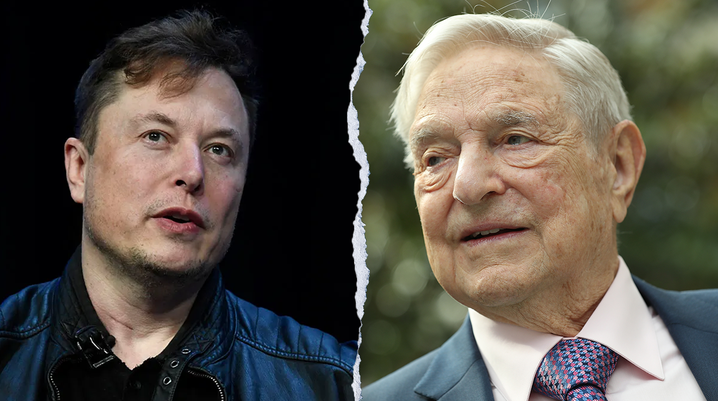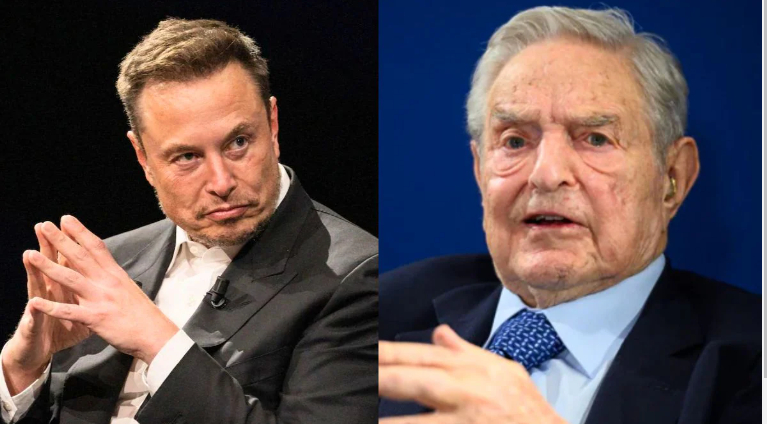Elon Musk, the outspoken CEO of Tesla and SpaceX, has recently taken to social media to criticize billionaire philanthropist George Soros after President Biden awarded Soros the nation’s top civilian honor. Musk’s heated comments have sparked controversy and reignited debates about the influence of wealthy individuals on politics and society.
Main Keyword: Musk blasts Soros in series of posts after Biden gives him nation’s top civilian award: ‘Hatred of humanity’
In a series of scathing tweets, Musk accused Soros of having a “hatred of humanity” and questioned the rationale behind honoring him. The tech mogul, known for his bold and unconventional statements, did not hold back in expressing his disdain for Soros, a figure who has long been associated with progressive causes and global philanthropy.

Why did Musk criticize Soros?
Musk’s criticism of Soros stems from a fundamental ideological difference. While Soros is known for his support of liberal causes and human rights initiatives, Musk has often positioned himself as a free thinker and a disruptor of traditional norms. The clash between these two high-profile figures highlights the ongoing tension between Silicon Valley elites and established power structures.
What impact does this feud have on society?
The public spat between Musk and Soros serves as a reminder of the significant influence that billionaires wield in shaping public discourse and policy decisions. As individuals with immense wealth and resources, Musk and Soros are able to leverage their platforms to amplify their voices and sway public opinion. However, their diverging worldviews and approaches to philanthropy underscore the complexity of navigating issues of social responsibility and ethical leadership in the modern era.

How is social media shaping the narrative?
The use of social media as a battleground for feuds between high-profile individuals is becoming increasingly common. Platforms like Twitter and Instagram offer a direct line of communication for celebrities and public figures to engage with their followers and share their views. However, the unfiltered nature of social media can also lead to inflammatory statements and escalating conflicts, as seen in the case of Musk’s tweets targeting Soros.
Why is it important to critically assess the actions of public figures?
As society grapples with the growing influence of tech billionaires and elite philanthropists, it is essential to maintain a critical eye on the actions and motivations of public figures. Musk’s public denouncement of Soros raises important questions about accountability, transparency, and the need for ethical leadership in a rapidly changing world. By holding powerful individuals to account, we can strive towards a more equitable and just society for all.

In conclusion, the public feud between Elon Musk and George Soros underscores the complexities of power, influence, and moral responsibility in today’s society. As we navigate a landscape shaped by tech titans and billionaire philanthropists, it is crucial to engage in thoughtful and nuanced discussions about the role of wealth, privilege, and ethics in shaping our collective future.

